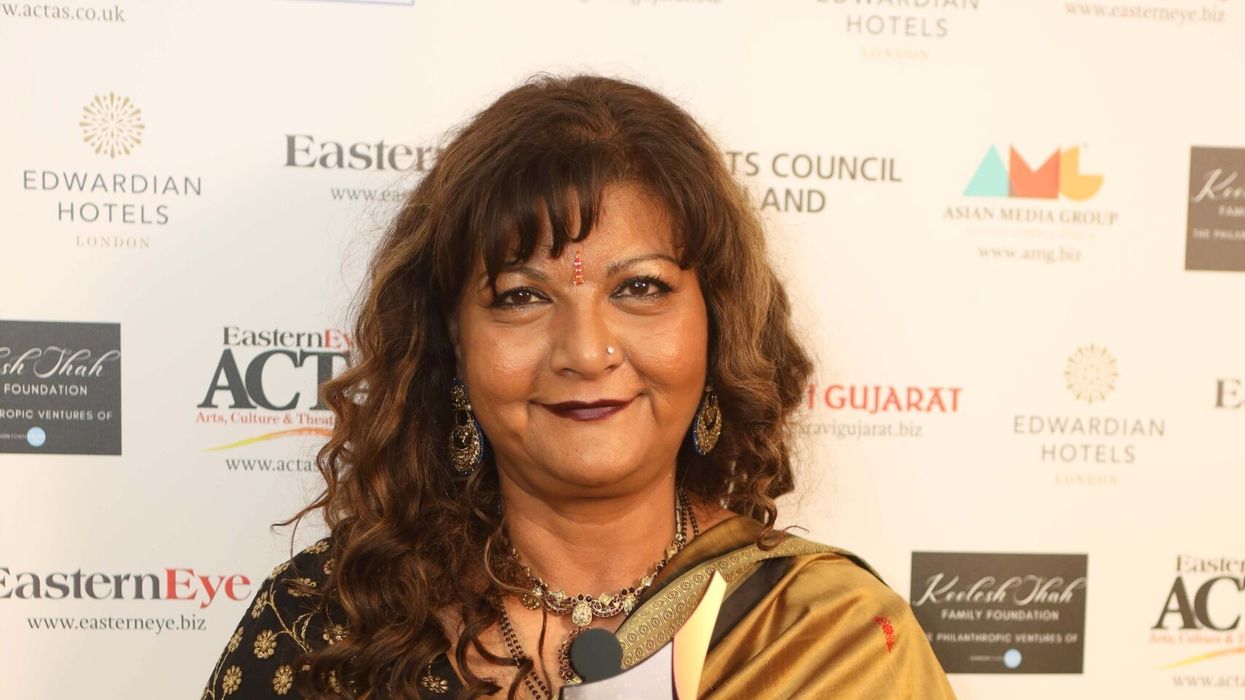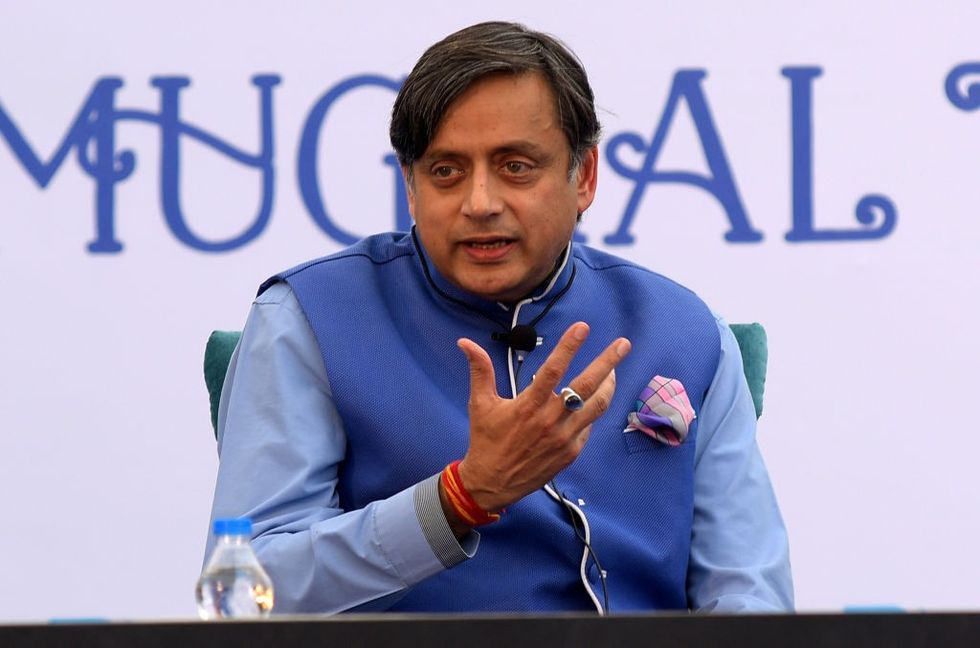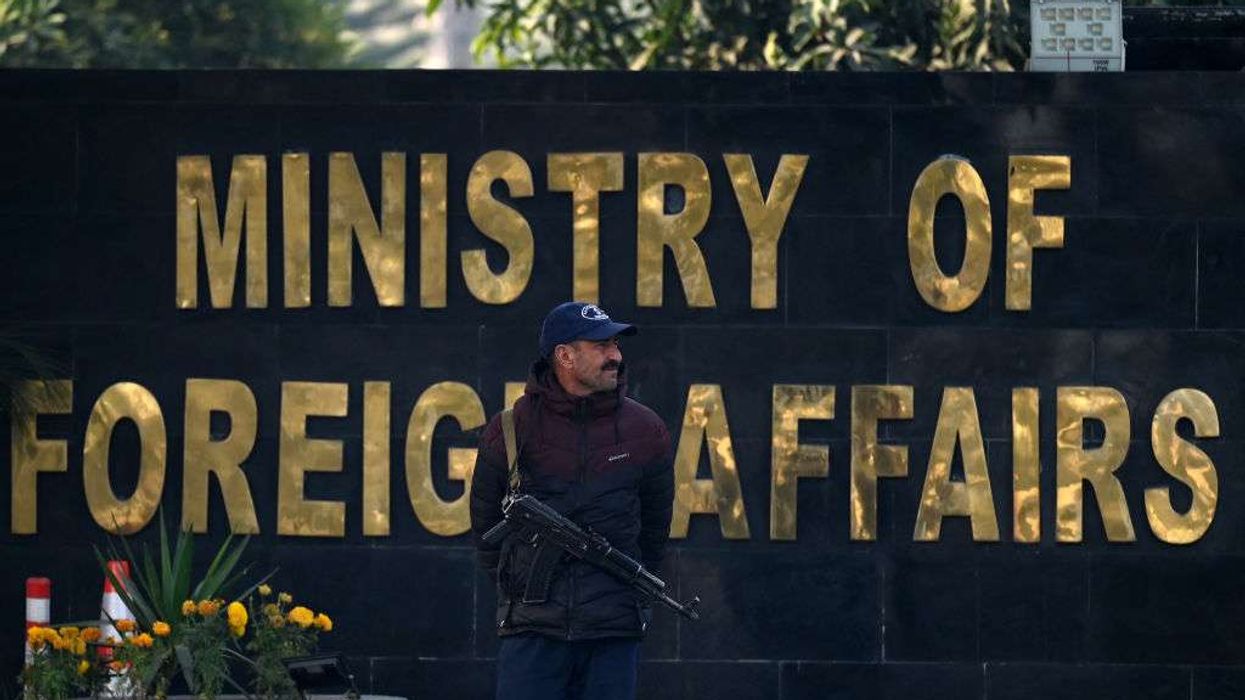By Amit Roy
AT 2.30AM on a bitterly cold Sunday (29), Britain slipped into summer time, with the prospect we will have to live with a lockdown, even if relaxed, for six months.
But perhaps we should remind ourselves how lucky we are to have the support of the NHS and spare a thought for India’s 139 million migrant workers.
When prime minister Narendra Modi announced his nationwide lockdown last Tuesday (24) as a way of checking the spread of the coronavirus – ordering 1.3 billion-plus Indians to stay at home – he gave only four hours’ notice.
The poorest, among them migrant workers whose daily wages have stopped at a stroke, now face death by starvation – literally.
With buses and trains suspended, tens of thousands set off on foot for their villages hundreds or even 1,000km away.
The images of humanity on the move are reminiscent of the black and white photographs from the time of partition in 1947, except that (at the time), trains were operating across a divided Punjab. This time, children have been knocked over by traffic and killed enroute.
There is also the harrowing story of 38-year-old Ranveer Singh, who lost his job as a delivery man for a restaurant in Delhi and set off for his village in the Morena district of Madhya Pradesh. He had walked 200km, with 100km still to go, when he collapsed near Agra. A local shopkeeper “asked Ranveer to lie down for a bit and brought the hungry man tea and biscuits… but he had died by then”.
This tragedy appears to have been repeated many times over. There have been reports of police beating the migrants for being on the move. State governments have now been told to seal their borders and not admit the workers, who were forgotten when the lockdown was imposed.
According to one newspaper, “the Covid-19 pandemic has triggered a humanitarian crisis in India with thousands of migrant workers walking back to their villages, some over 1,000km away, on calloused feet and empty stomachs, hunger being a more clear and present danger to them than the virus”.
There are hopes the virus will not flourish in the extreme heat of an Indian summer, but equally there is the nightmare scenario of millions being infected in the slums and overcrowded parts of the country.
Modi has offered an apology: “Especially when I look at my poor brothers and sisters, I definitely feel that they must be thinking, what kind of prime minister is this who has placed us in this difficulty? I especially seek their forgiveness… I understand your troubles, but there was no other way to wage war against coronavirus... It is a battle of life and death and we have to win it.”
Maybe we in the UK can help.
While on the subject of India, the British government should do everything to evacuate its nationals desperate to get back to the UK, and not abandon them simply because many happen to be of Indian origin.





 Tanika Gupta
Tanika Gupta  Shashi Tharoor AFP via Getty Images
Shashi Tharoor AFP via Getty Images  English cricket writers are distraught that in the current “Ashes” series against Australia down under Getty Images
English cricket writers are distraught that in the current “Ashes” series against Australia down under Getty Images 





